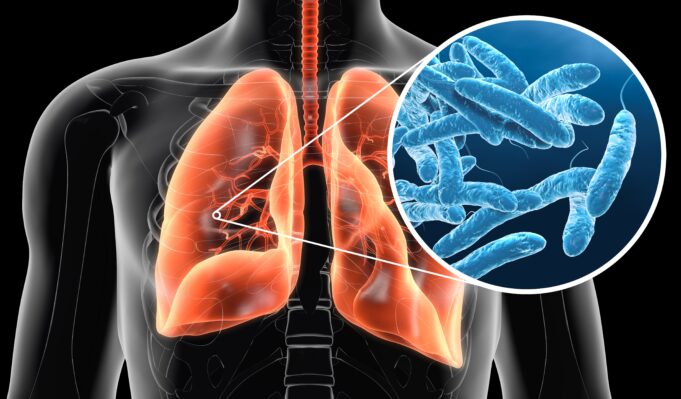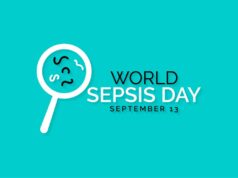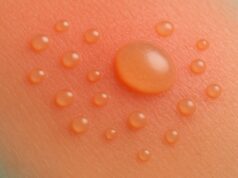When you picture a Mediterranean holiday, you likely imagine clear blue seas, warm sun, and peaceful mornings under a hotel shower. But for one British tourist in Greece, the dream took a dangerous turn when she contracted Legionnaires’ disease reminding us that even the most relaxing environments can harbour unseen risks.
According to a recent report by the BBC, a British woman fell ill while visiting Greece, ultimately being diagnosed with Legionnaires’ disease a severe form of pneumonia caused by inhaling water droplets containing Legionella bacteria. While cases are relatively rare, they’re often serious and can be fatal if not diagnosed and treated promptly. With increasing numbers of travellers flocking to warmer climates, this incident underscores the need for awareness, not panic about where and how Legionnaires’ disease can strike.
How Does Legionnaires’ Disease Spread?
Legionnaires’ is not spread from person to person, but through airborne water droplets contaminated with the bacteria. This can happen in places such as:
• Hotel or cruise ship showers
• Air conditioning units
• Hot tubs and spa pools
• Decorative fountains
• Plumbing systems left unused
The bacteria thrive in stagnant or warm water, which is why holidaymakers can be at risk in poorly maintained hotels or accommodations that have had low occupancy.
Can You Catch It from a Shower?
Yes. In fact, showers are one of the most common sources. When you turn on a hotel shower especially one that hasn’t been used in a while. it can release tiny droplets of contaminated water into the air. Inhaling these droplets can allow Legionella bacteria to enter your lungs, potentially triggering an infection. This is especially risky for people with weaker immune systems, smokers, or those over 50.
What Are the Symptoms?
The symptoms can often mimic flu or COVID-19 in the early stages, which makes awareness and early action critical. Watch for:
• A high fever (often over 40°C)
• A persistent cough, often dry at first
• Muscle aches and headaches
• Shortness of breath
• Chest pain
• Confusion or disorientation, especially in older adults
Legionnaires’ typically develops two to 10 days after exposure. If you’ve recently returned from a trip and begin experiencing these symptoms particularly after staying in a hotel, seek medical attention immediately.
What Should You Do If You Suspect It?
Seek Medical Help – Early diagnosis and antibiotics can make a major difference. Tell your GP or local hospital about your travel history and accommodations.
Rest and Hydration – Legionnaires’ is a form of pneumonia, so rest and fluids are essential.
Don’t Ignore Mild Symptoms – Because the illness can escalate quickly, even a mild fever or cough should be monitored.
Preventive Measures for Travellers
While you can’t always control the maintenance of foreign hotel systems, there are some basic precautions to consider:
• Run hotel showers for a few minutes before using them, stepping out of the bathroom if possible
• Avoid using spa tubs in less reputable or poorly maintained facilities
• Ask about hotel cleaning and maintenance policies if you’re staying for extended periods
The recent case in Greece is a reminder that even routine travel can carry unexpected risks. But it’s also an opportunity: by understanding how Legionnaires’ disease spreads and being proactive about prevention and early treatment, we can stay both relaxed and safe on holiday. Vigilance doesn’t have to ruin a good time it can simply ensure that the memories you bring home are the good kind.













